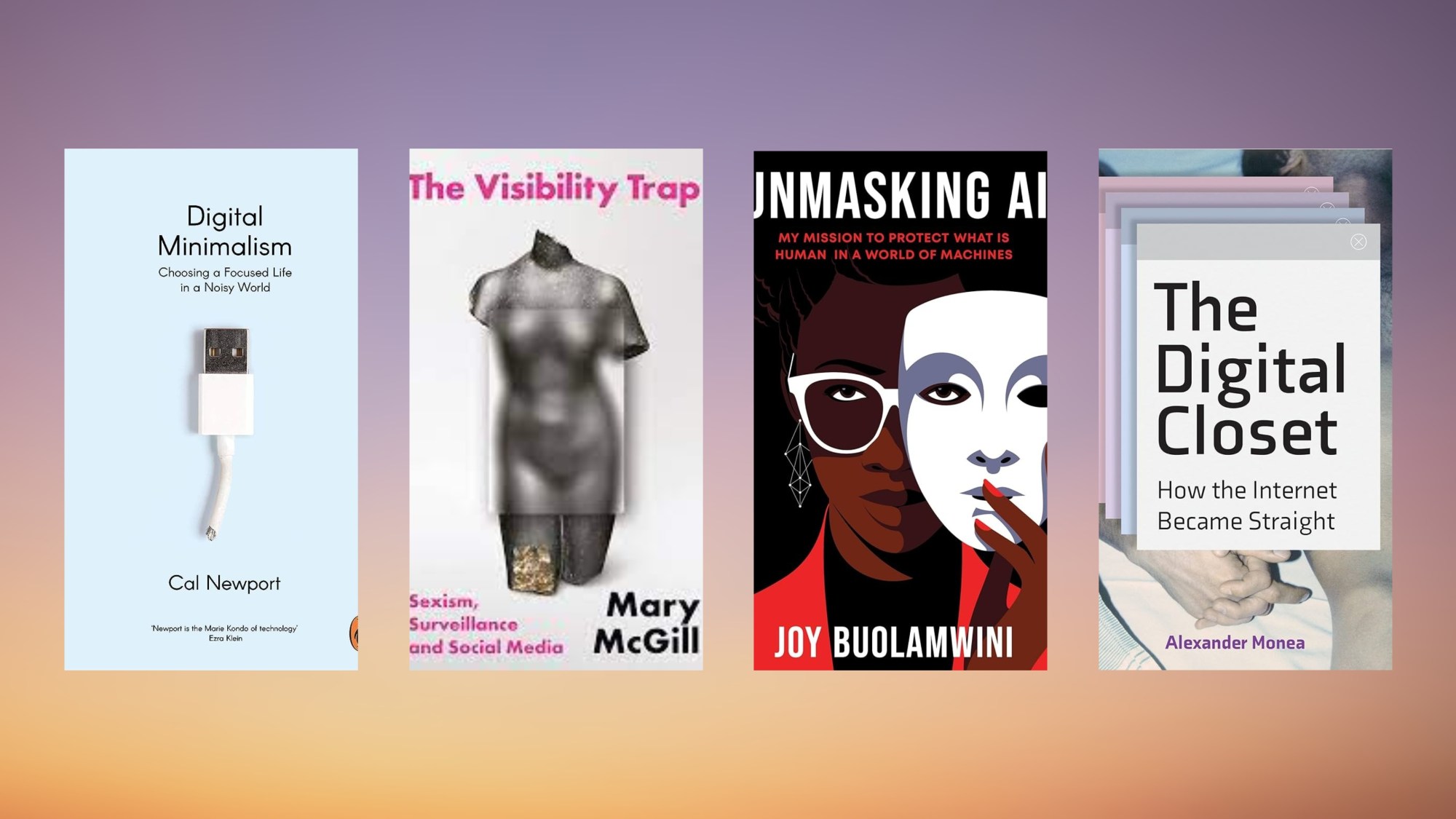We all know by now that being chronically online isn’t doing us any good. Digital detoxes, rehab for social media addiction and choosing to go off-grid forever are no longer things we joke about with friends but are becoming a new way of modern life for many. Our digital profiles and our physical lives are no longer separate entities but are intertwined and influence each other in equal measure.
But more than just timelines where we exchange hot takes and memes, the digital world is opening up new opportunities for social and environmental harm that put our collective and individual wellbeing at risk. If you’re considering logging off, or simply want to understand the impact of the digital world we live in, these 10 books are for you.
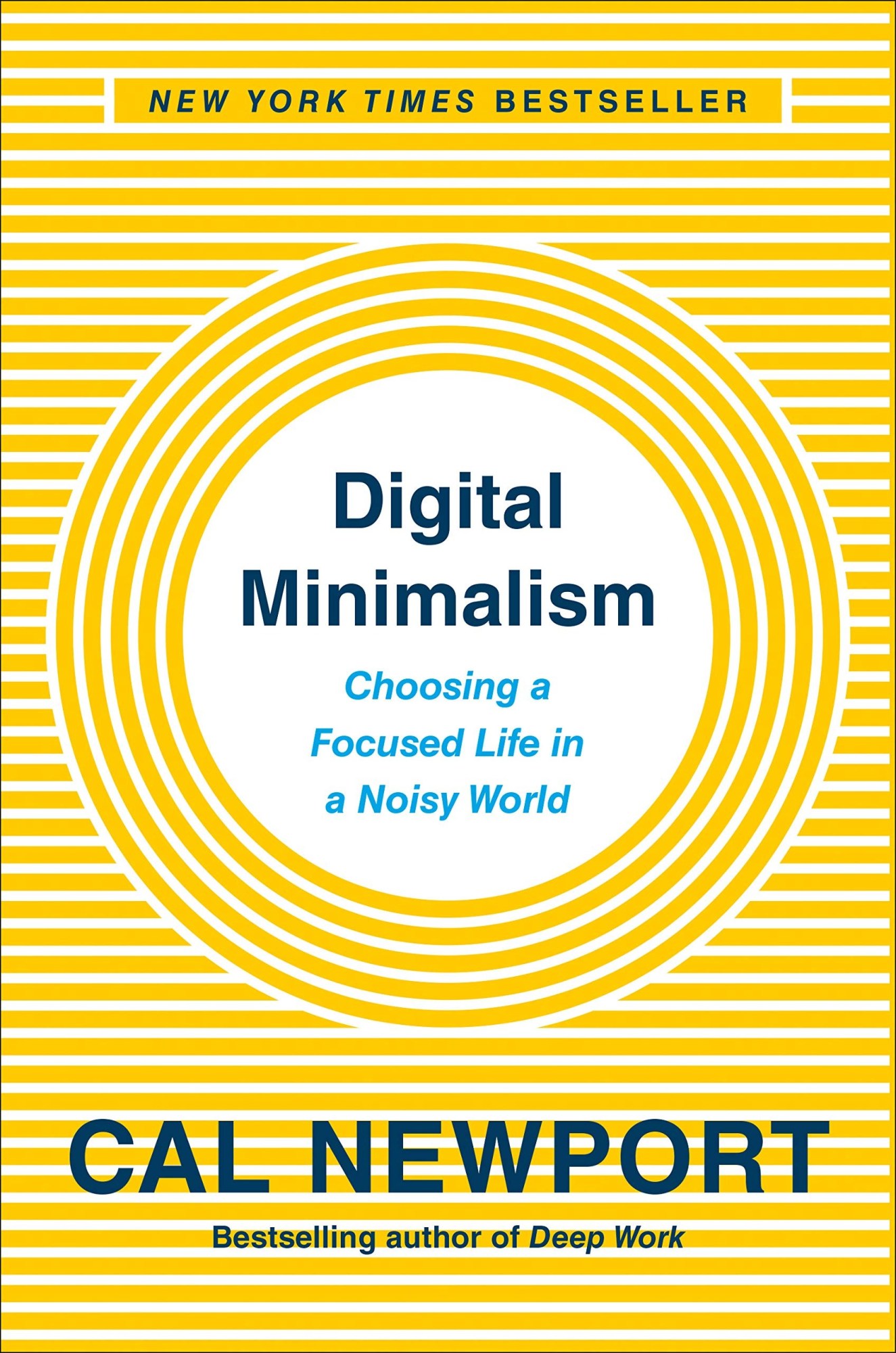
Digital Minimalism, Cal Newport
If you find yourself impulsively reaching for your phone at any spare moment, manically switching between apps, and aimlessly scrolling for unspeakable lengths of time just to feel something, Digital Minimalism might help to change your habits. By revealing just how much of a part the constant digital distractions we are bombarded by shape and deprive us of our own lives, Cal Newport will scare you into awakening and probably convince you to delete TikTok (again).
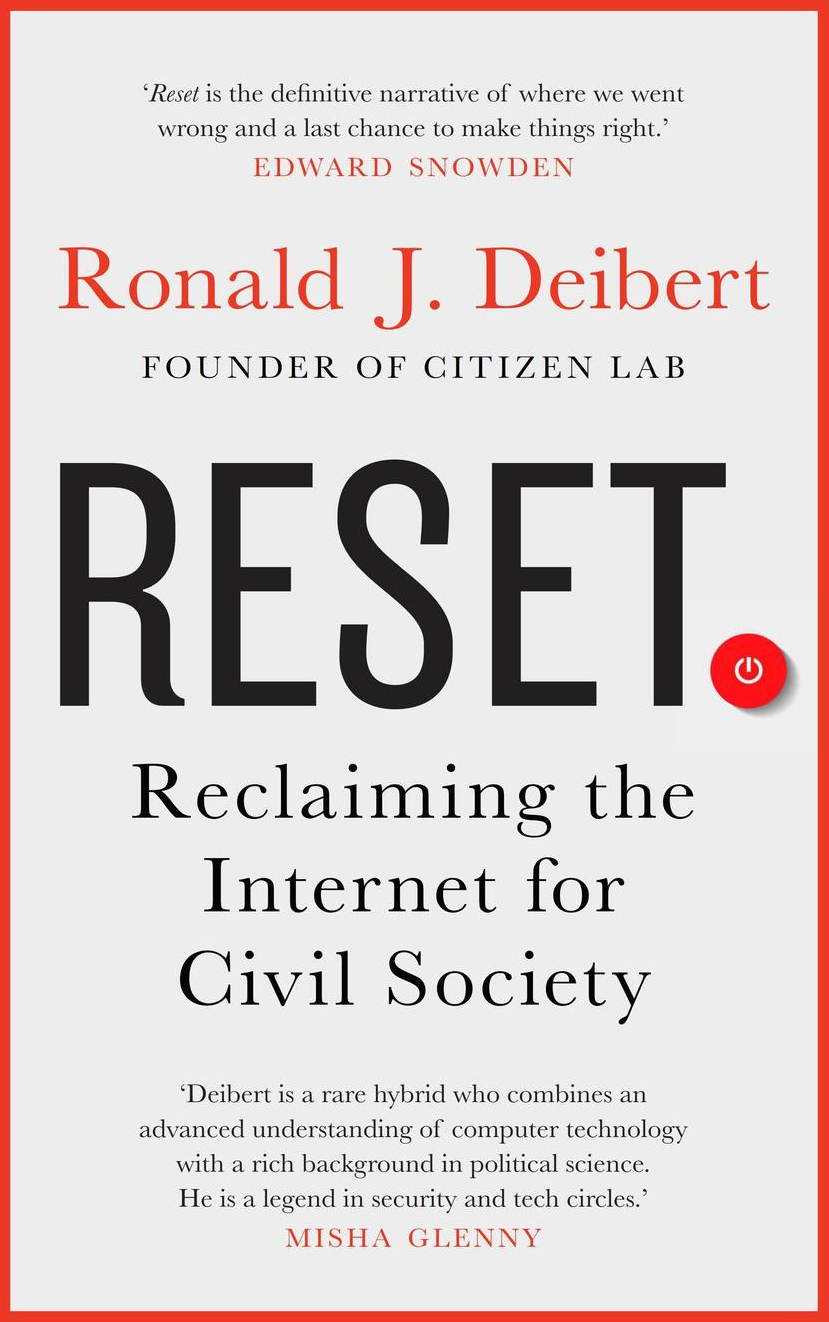
Reset: Reclaiming the Internet for Civil Society, Ronald J. Deibert
In Reset, founder of digital security research group Citizen Lab, Ronald J. Deibert, reveals the dark side of social media and our growing dependence on digital technology. From the suppression and surveillance of activists to how authoritarian police forces seize technology to the environmental and social harms our devices cause, Reset is a 360 tour of the harms that Big Tech is fuelling. By calling for a reset which puts people over profit, Ronald reveals how our digital infrastructure can become a means for collective empowerment.
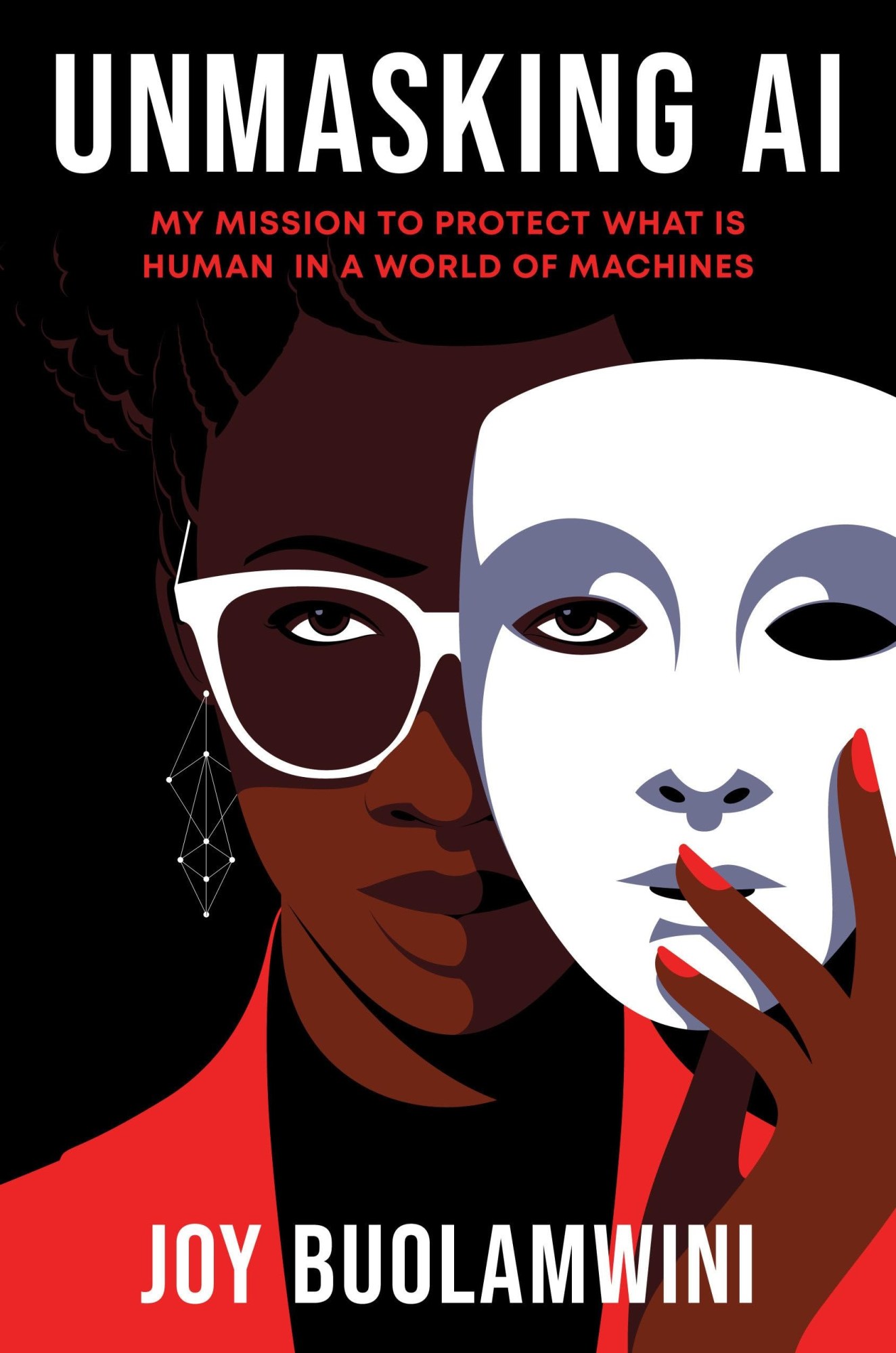
Unmasking AI, Joy Buolamwini
Joy Buolamwini’s journey of becoming an advocate for a more humane tech industry came when she experienced algorithmic bias personally as a student at MIT. Working on her own research project, she realised that algorithms aren’t objective technologies but have age-old biases encoded within them, when the smart mirror she designed would only recognise her face when she wore a white mask over hers. The book takes the reader on a journey of what it means to work in STEM as a Black woman in the 21st century, and how algorithms are a reflection of the aspirations and limitations of those who create them. Named as one of TIME’s 100 Most Influential People in AI, if you’re going to read a book on AI, let it be this one.
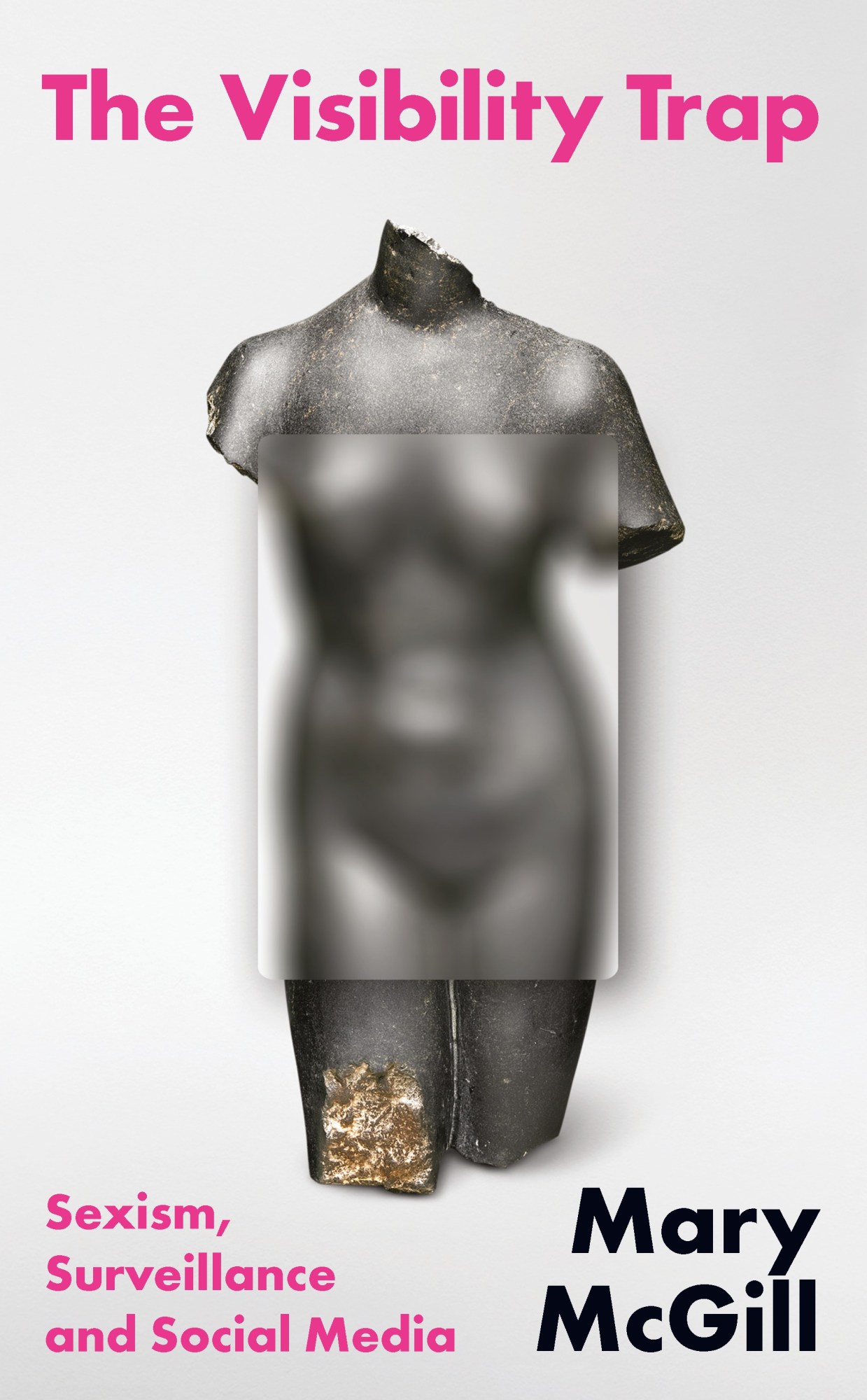
The Visibility Trap, Mary McGill
Social media has become a new space for women to express themselves and see themselves represented, but Mary McGill reveals how this is a double-edged sword due to how our most used apps are designed to rank, judge and surveil us. By speaking to a range of women who have experienced the fallout of the online world and drawing on feminist theory and pop culture, she urges us to recognise that social media isn’t simply a liberatory force, but a tool that reflects our wider culture of patriarchy and objectification unless we rally for change.
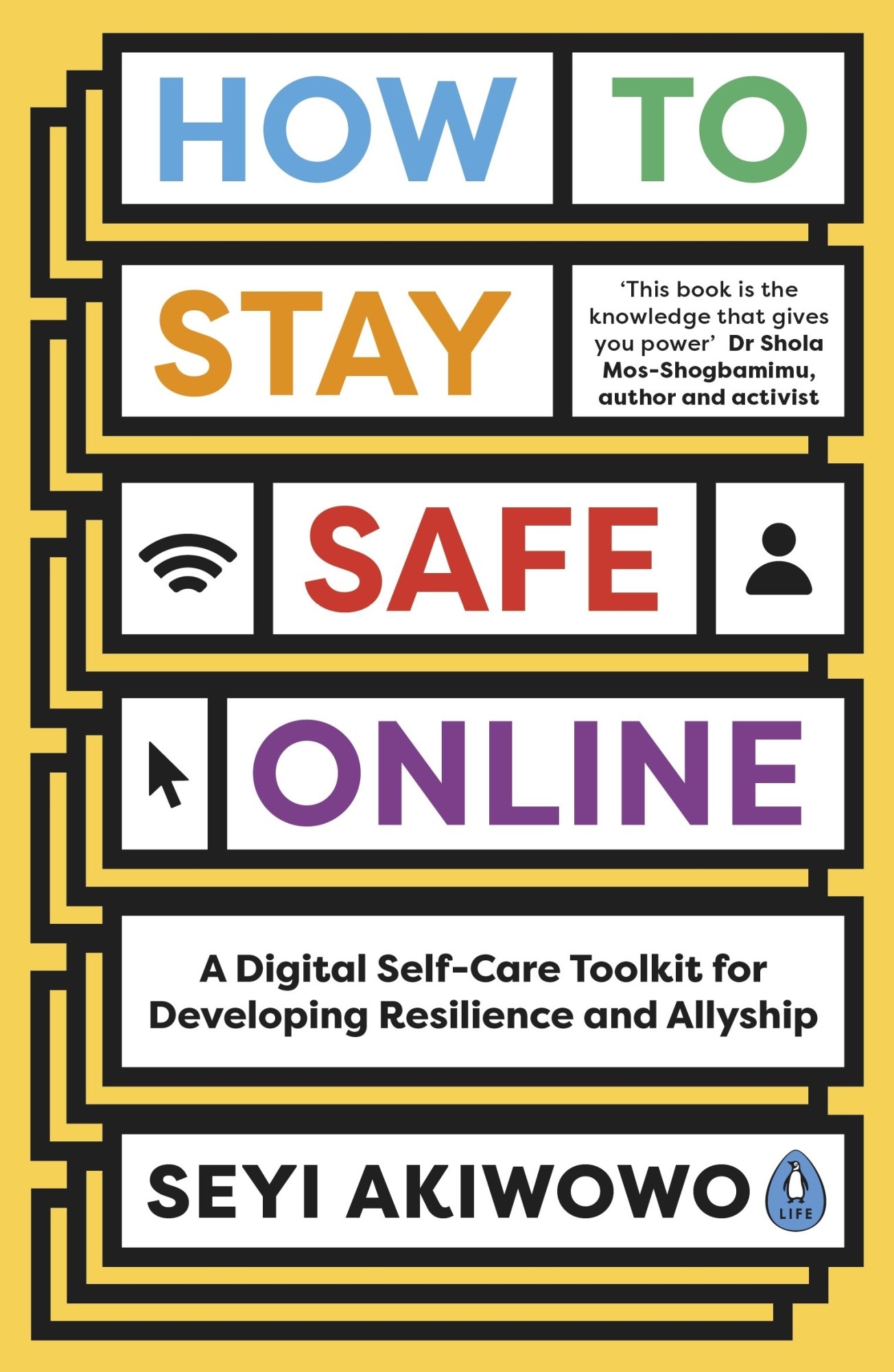
How to Stay Safe Online, Seyi Akiwowo
Globally, women are 27 times more likely to be harassed online than men. After her speech on colonialism and racial inequality in the EU parliament went viral, Seyi Akiwowo experienced the full wrath of the internet’s racist trolls. Despite reporting the abuse to Twitter 75 times and to the Metropolitan Police, Twitter failed to act until she went public with her story. Since her experience, she has not only written this handbook for defending yourself and others from digital abuse, but has founded the charity Glitch, which campaigns for online safety and regulation to protect and empower us all. How to Stay Safe Online recognises how digital self-care is just as important as physical self-care.

Outrage Machine, Tobias Rose-Stockwell
The one app I’ll avoid on days I’m already in a bad mood is Twitter. But this isn’t just down to my strong political opinions; it’s by design. Outrage Machine is an exploration of how the internet went from being a space for open discussion where you’d discover new perspectives to an echo chamber that pits us against each other. Written by a media researcher and fusing politics, communications and psychological theory, the book delves into the crisis of trust that has us in a chokehold and the triggers and features that these platforms capitalise on.
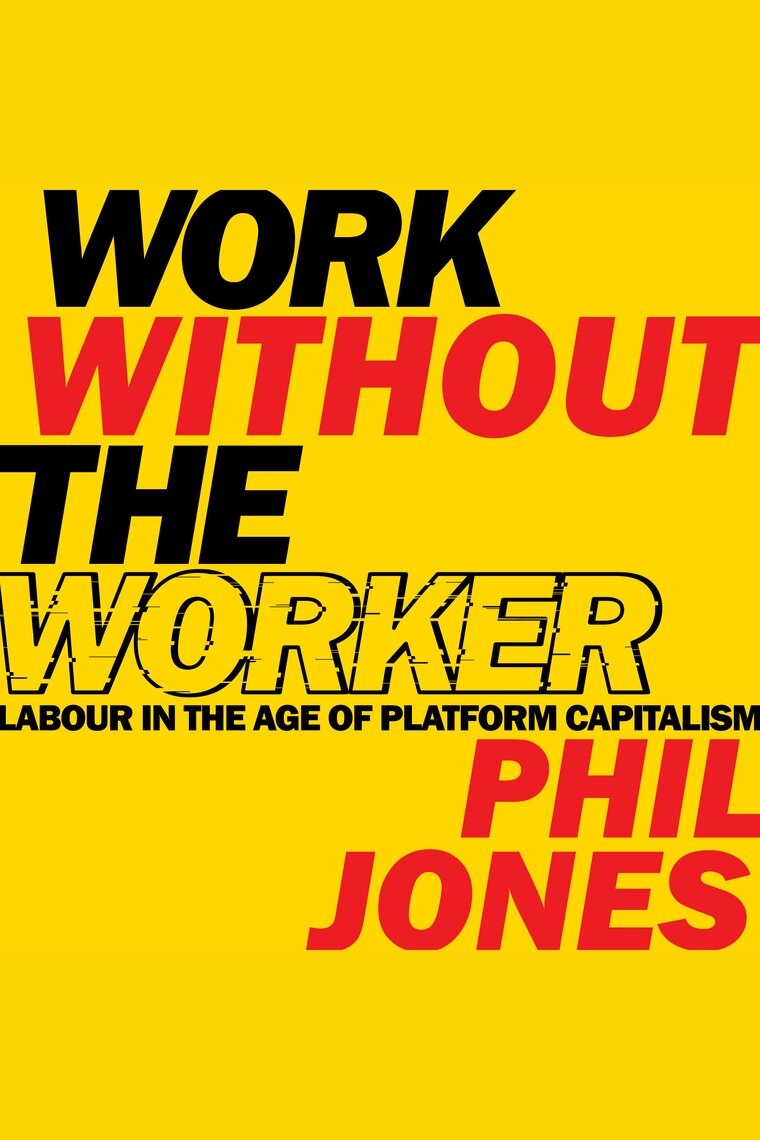
Work Without the Worker, Phil Jones
Whilst doomscrolling have you ever paused to think about who cleans up our timelines, or the caretakers of our favourite apps? Work Without the Worker exposes the invisible and underpaid labour of millions of people across the globe that keeps our digital world spinning whilst Musk et al get all the credit. Far from a utopian future of self-driving cars and hyper-intelligent machines, we are sleepwalking into a digital world that fuels labour exploitation that we should all be aware of. Work Without the Worker is a short and in-depth exploration of the human foundations of the booming digital economy and a call for us to do better.
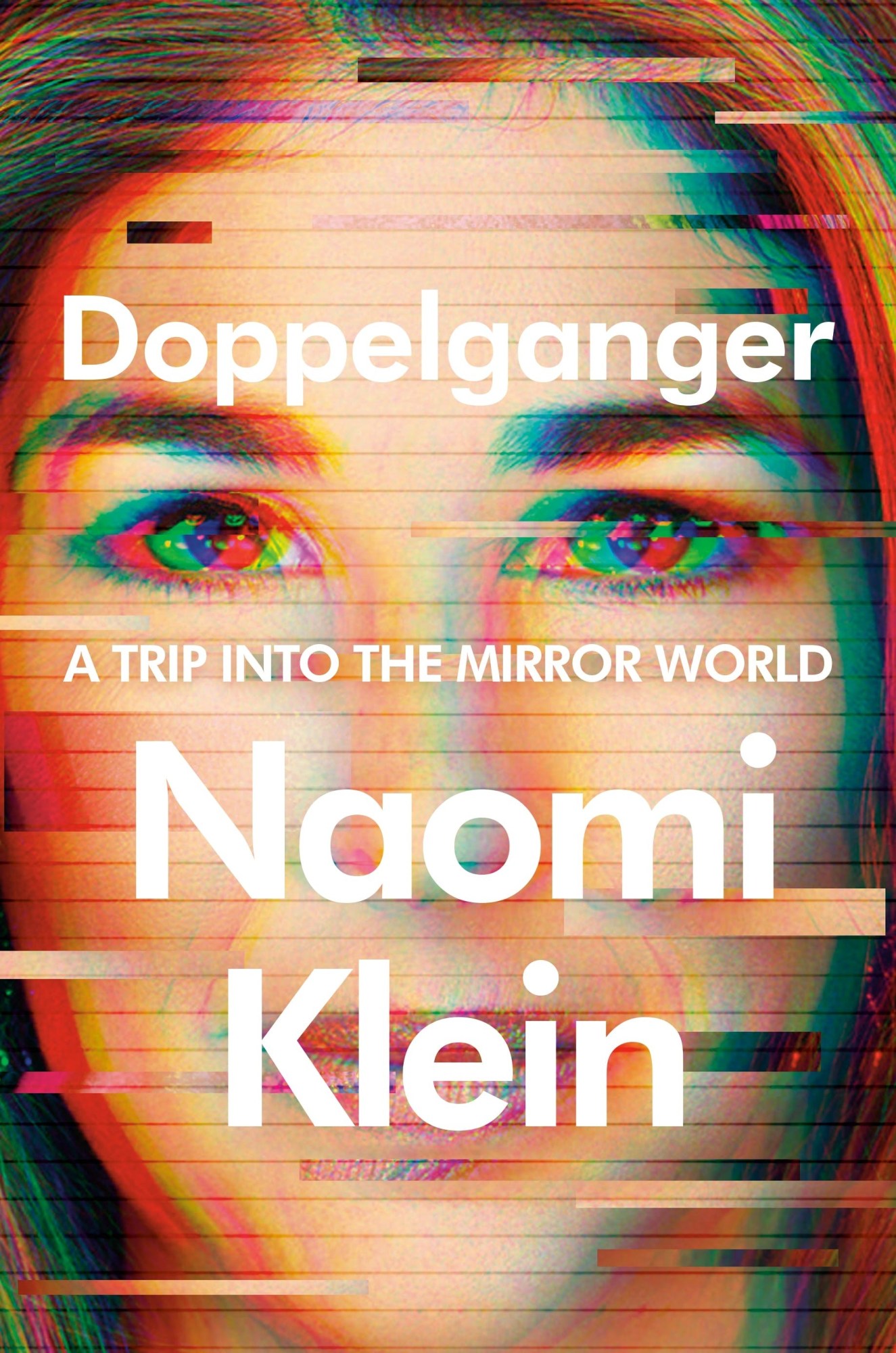
Doppelganger, Naomi Klein
If you’ve spent any amount of time on Facebook (or the internet, for that matter), you’ve probably come across a conspiracy theorist of some kind. Whether it’s an estranged family member who’s convinced 15-minute cities are some anti-freedoms plot by the UN or a far-right celebrity peddling xenophobic and transphobic fearmongering, the internet has become a place full of false information that is presented as ‘free-thinking’. Author Naomi Klein developed a doppelganger of her own; she began being mistaken for radical right-wing conspiracy theorist Naomi Wolf. As a result, she learned how the online world becomes a mirror of the offline context, where our politics become polarised and facts get warped.
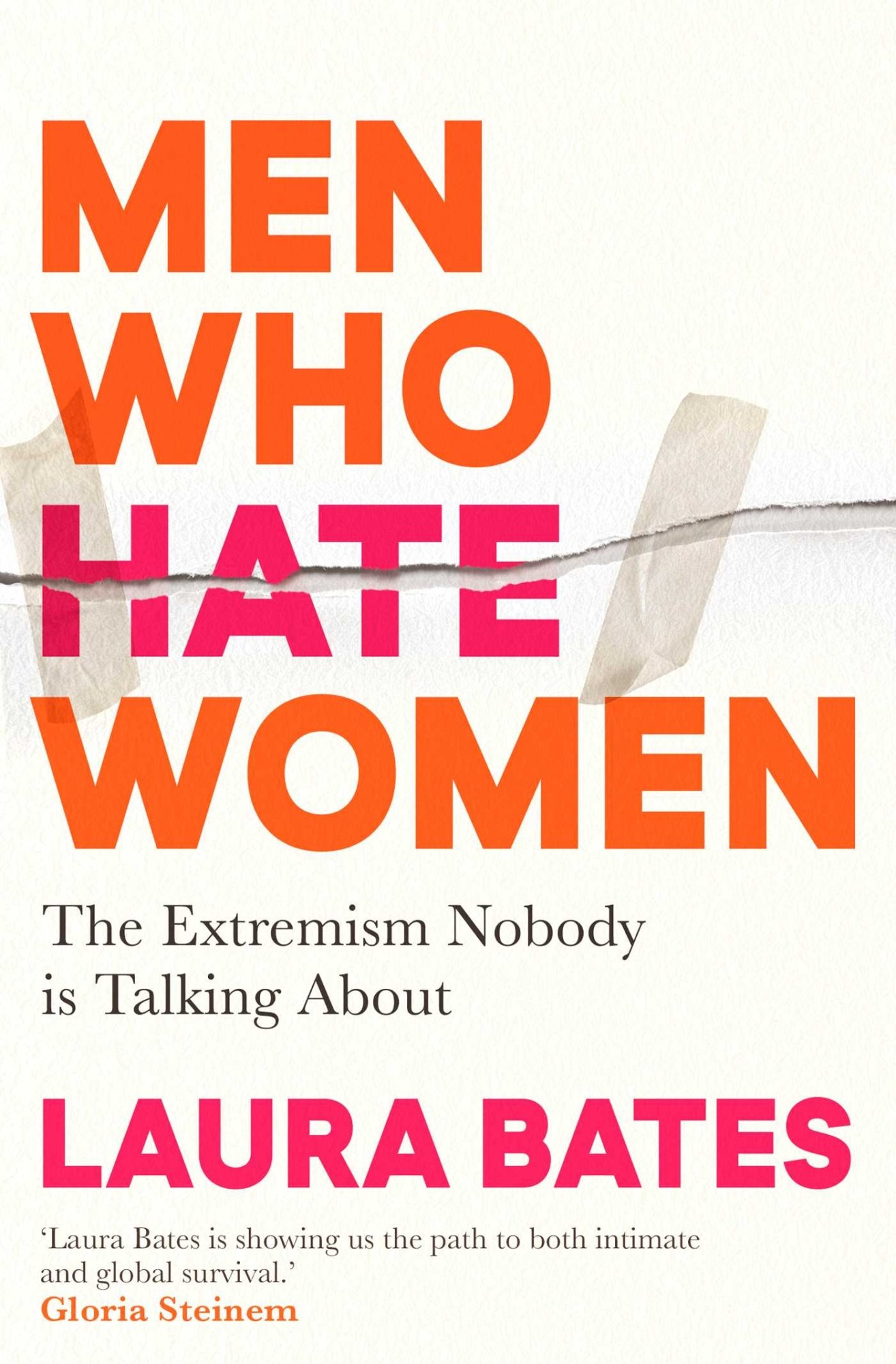
Men Who Hate Women, Laura Bates
This book makes for a chilling read, but it’s an essential one. The manosphere had entered our daily vocabulary, with male influencers like Andrew Tate and Jordan Peterson becoming figures that have popularised the promotion of ‘male values’. But Laura Bates reveals just how dangerous this corner of the internet has become and the offline consequences of normalised misogyny. Going undercover into incel forums where men argue that rape is natural and investigating the world of Pick Up Artists who see women simply as sex objects to be won, Bates shines a light on a huge network of communities who see women’s rights as the enemy.

The Digital Closet by Alexander Monea
The Digital Closet is a deep dive into why the internet is so straight, exploring how America’s war on porn has led to the shadowbanning and erasure of LGBTQIA+ communities and their histories. The censorship of activism, education and art that doesn’t conform isn’t new, but Big Tech and the mainstream porn industry are putting queer content in the closet. The book reveals how the architecture of the internet is a heteronormative one that reproduces the same inequalities and prejudices we see offline.
